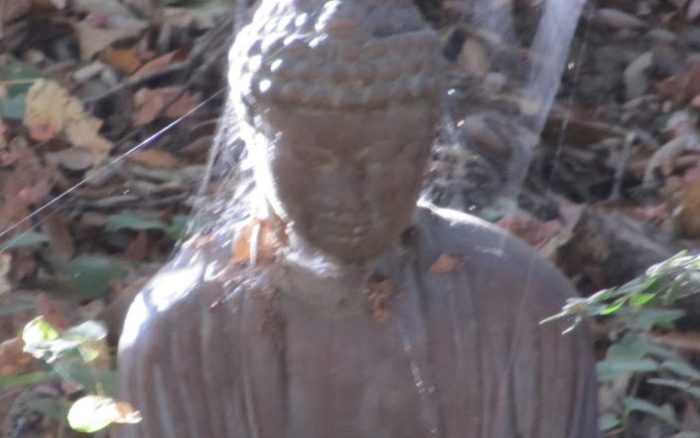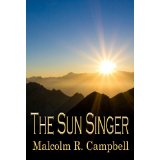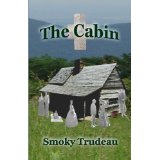Phenomenon of Portals: Malcolm Campbell’s The Sun Singer and Smoky Trudeau’s The Cabin.
Recently I read two novels which drew my interest in a way that I know is of a matter of interest to the soul. This reminded me of the foresight that access to the collective can bring. Although both Malcolm Campbell’s The Sun Singer (Vanilla Heart Publishing, 2004) and Smoky Trudeau’s (Smoky Zeidel) The Cabin (Vanilla Heart Publishing, 2008) are worth reading for no other reason than both are good coming-of-age stories, full of intrigue and suspense, there is that something else that takes them into another realm, making one wonder if they involve a coming-of-age for humankind. This “something else” is the concept of portals.
It is not that portals have not been in literature before; they have. Any of us who read fantasy and science fiction know this. But here the issue is again: in both novels the protagonists have to recognize and then negotiate such states in order to move on in their lives. Portals may be something we as humans need to learn to negotiate in order to move on, too.
In Sacred Geography: Geomancy: Co-Creating the Earth Cosmos, author Marko Pogacnik describes interdimensional portals as “organs that make exchange between different dimensions of reality possible.” He states these are aspects of the earth that have been asleep, but due to the earth changes at hand, have reawakened. “The reappearance of Interdimensional Portals means that the unprecedented transformation of the rationally structured space-time dimension into an open multidimensional reality is at hand. (pp. 137-138).
The Sun Singer and The Cabin develop within the reader what more conscious access to these portals might mean. The Sun Singer has a sophisticated structure. Campbell’s use of italics in concurrent or alternative realities creates a kind of differentiated consciousness, a training in sensitivity to the fluidity of realities.
Trudeau’s story transcends generations of a family in which a family suffers due to a transgression on the natural world by a family member generations before. In both novels, the protagonist must travel back in time to heal the present conflict.


